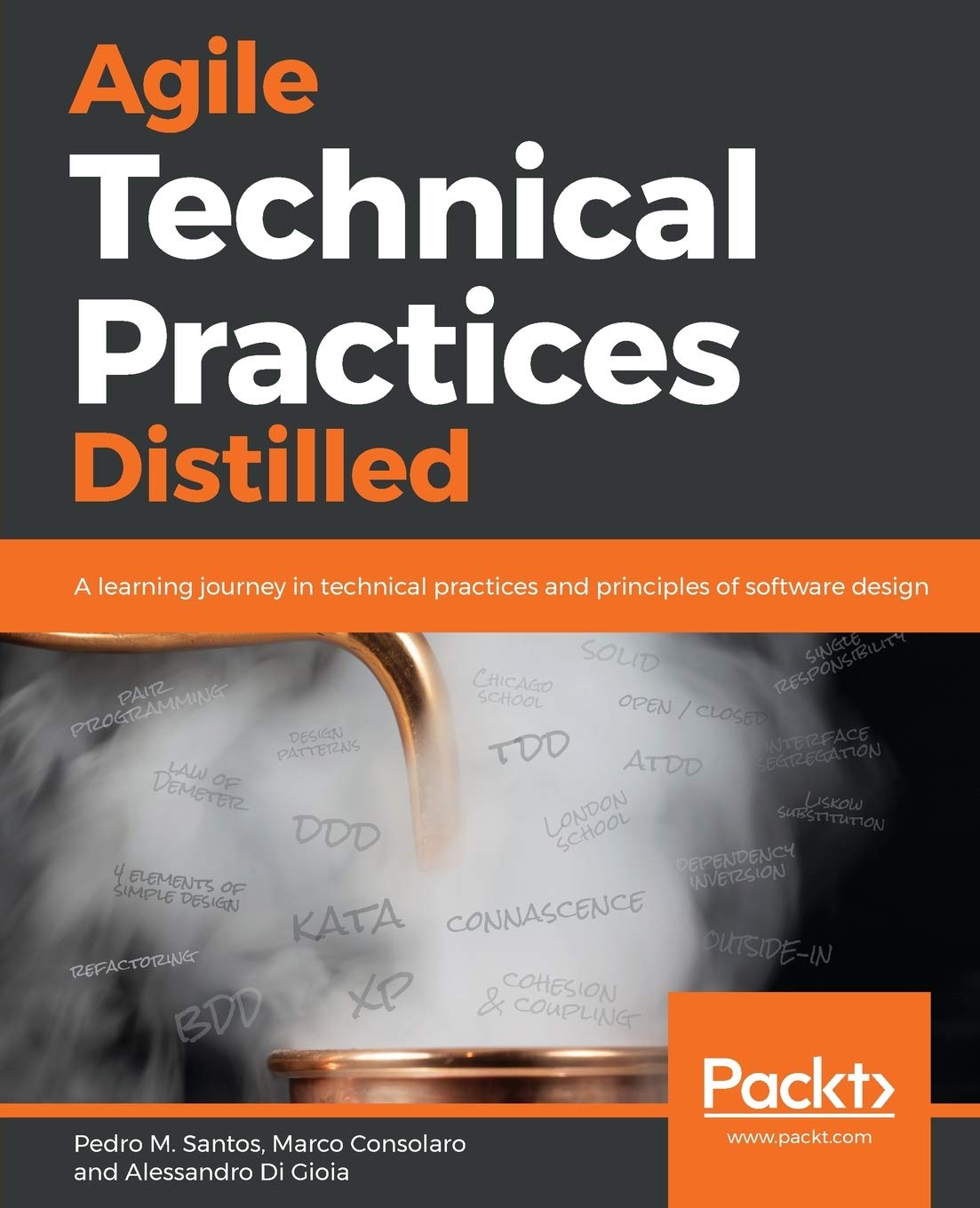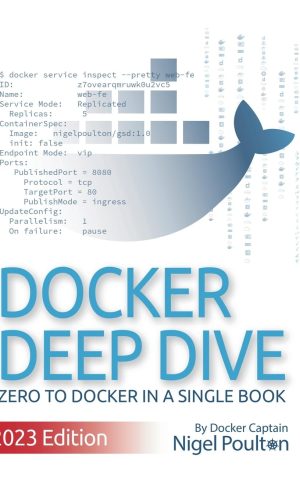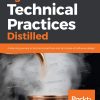Agile Technical Practices Distilled: A learning journey in technical practices and principles of software design
£21.80
Delve deep into the various technical practices, principles, and values of Agile.
Key Features
- Discover the essence of Agile software development and the key principles of software design
- Explore the fundamental practices of Agile working, including test-driven development (TDD), refactoring, pair programming, and continuous integration
- Learn and apply the four elements of simple design
Book Description
The number of popular technical practices has grown exponentially in the last few years. Learning the common fundamental software development practices can help you become a better programmer. This book uses the term Agile as a wide umbrella and covers Agile principles and practices, as well as most methodologies associated with it.
You’ll begin by discovering how driver-navigator, chess clock, and other techniques used in the pair programming approach introduce discipline while writing code. You’ll then learn to safely change the design of your code using refactoring. While learning these techniques, you’ll also explore various best practices to write efficient tests. The concluding chapters of the book delve deep into the SOLID principles – the five design principles that you can use to make your software more understandable, flexible and maintainable.
By the end of the book, you will have discovered new ideas for improving your software design skills, the relationship within your team, and the way your business works.
What you will learn
- Learn the red, green, refactor cycle of classic TDD and practice the best habits such as the rule of 3, triangulation, object calisthenics, and more
- Refactor using parallel change and improve legacy code with characterization tests, approval tests, and Golden Master
- Use code smells as feedback to improve your design
- Learn the double cycle of ATDD and the outside-in mindset using mocks and stubs correctly in your tests
- Understand how Coupling, Cohesion, Connascence, SOLID principles, and code smells are all related
- Improve the understanding of your business domain using BDD and other principles for “doing the right thing, not only the thing right”
Who this book is for
This book is designed for software developers looking to improve their technical practices. Software coaches may also find it helpful as a teaching reference manual. This is not a beginner’s book on how to program. You must be comfortable with at least one programming language and must be able to write unit tests using any unit testing framework.
Table of Contents
- Pair Programming
- Classic TDD I – Test-Driven Development
- Classic TDD II
- Classic TDD III – Transformation Priority Premise
- Design I – Object Calisthenics
- Design II – Refactoring
- Design III – Code Smells
- Test Doubles
- Testing Legacy Code
- Design Patterns
- Cohesion and Coupling
- Solid Principles ++
- Design VII – Connascence
- The Four Elements of Simple Design
- Conclusion
- Outside-In Development
- Behavior-Driven Development
- Understand the Business
- The Story of Team C
- Conclusion
- The 12 Agile Principles
- PopcornFlow by Claudio Perrone
- EventStorming by Alberto Brandolini
- License: CyberDojo
- Sample Solutions
Read more
Additional information
| Publisher | Packt Publishing (28 Jun. 2019) |
|---|---|
| Language | English |
| Paperback | 442 pages |
| ISBN-10 | 1838980849 |
| ISBN-13 | 978-1838980849 |
| Dimensions | 19.05 x 2.54 x 23.5 cm |










by Ben
The title is exactly what the book delivers, a bunch of technical practices delivered concisely and effectively. Unfortunately there are a good few typos and mistakes that a few times made the text confusing.
The biggest issue however is the “Where are we in the big picture” diagrams are practically unreadable due to the print resolution, and got progressively worse as the chapters added more circles with micro-text.
by Steve Haynes
I found this particularly useful as a developer in this mad agile world we all live in these days
by Jonny
This is the book I would suggest to anyone serious about learning XP techniques and most valuable principles and practices in modern software development. Many exercises, books suggestions, deep quotes and interesting stories make this work also an unexpected pleasant read which is quite remarkable for a technical book!
by Adam Lammiman
This is singularly the best and most useful book on software development I’ve ever read.
Each chapter captures the essence of the topic covered, giving you a concise overview of the technique or concept discussed followed by a kata or exercise with which to practice. This is all wrapped up with an extensive reading list if you want to investigate deeper.
It’s a book that warrants great study and practice and rewards each time you revisit. I’ve learnt loads from it and have enough books and articles off the back of it to last me a lifetime.